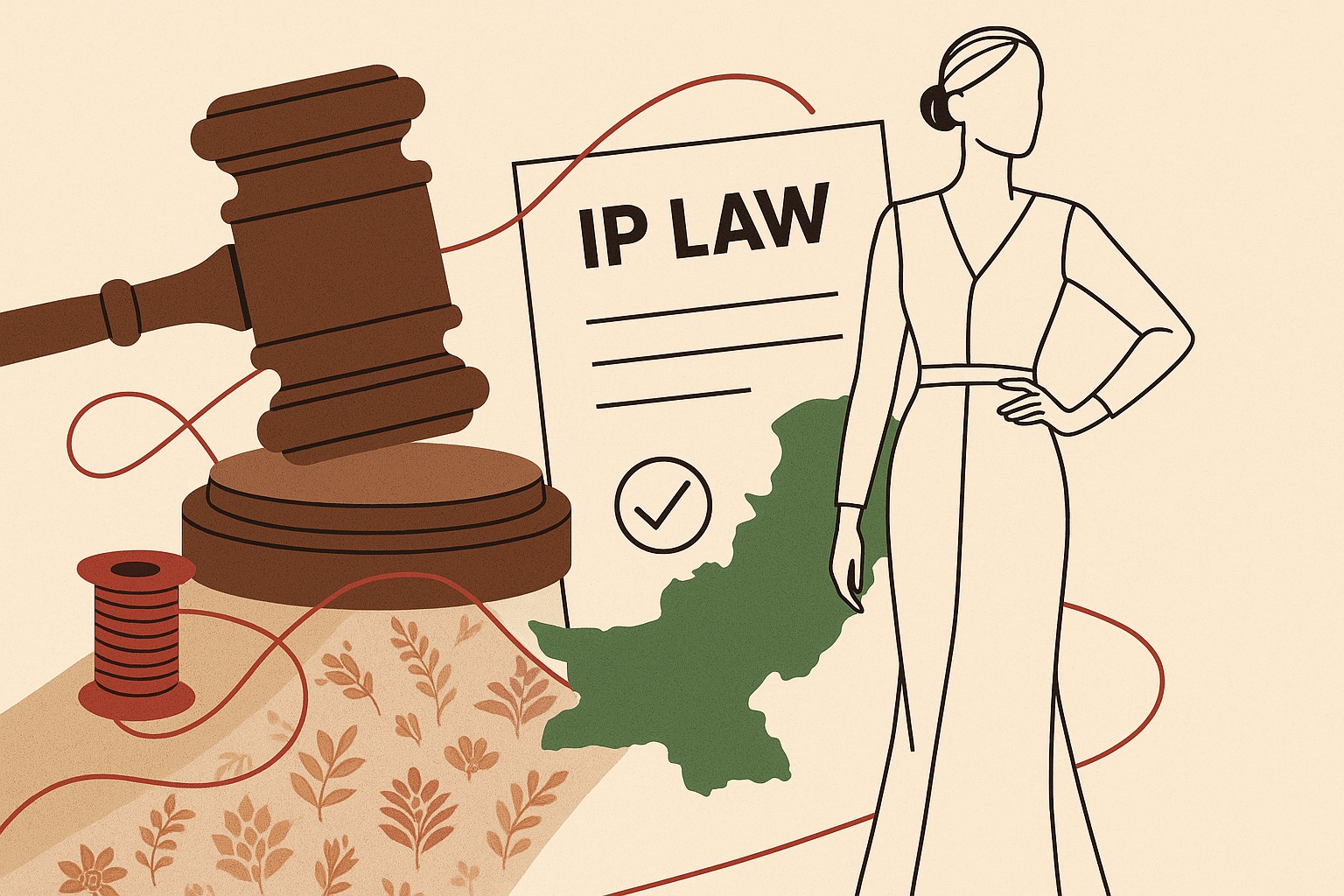
In civilized societies, the moral compass of citizens often aligns closely with the law. People follow rules not because they fear punishment, but because they genuinely believe in the ethical value behind those rules. In such systems, natural law and moral obligation are often sufficient to ensure social harmony. But in many developing countries, including Pakistan, morality alone fails to guide public behavior. What fills the gap? The answer lies in John Austin’s theory of law, where laws are not truly laws unless backed by sanctions.
John Austin, the 19th-century English legal theorist, defined law as the command of a sovereign backed by a threat of sanction. According to him, morality may advise, but law compels. In societies where civic sense is weak and public conscience poorly developed, people often ignore moral obligations unless those are supported by legal penalties. This theory is starkly visible in the social fabric of Pakistan. Take, for example, the treatment of animals. Animal cruelty is widely visible donkeys beaten on the streets, stray dogs poisoned in city clean-ups, and cats burned or mutilated for amusement. Despite growing awareness and occasional outcries on social media, the abuse continues. Why? Because Pakistan’s laws on animal welfare lack enforceable sanctions. The Prevention of Cruelty to Animals Act, a colonial-era law from 1890, carries only petty fines and minor punishments barely a deterrent in today’s society. In the absence of real legal consequences, moral appeals fall on deaf ears.
Compare this to developed societies where animal cruelty laws are not only strict but strictly enforced. In countries like the UK, USA, or Germany, the moral norm against harming animals is backed by substantial legal sanctions imprisonment, heavy fines, and permanent bans on owning pets. As a result, legal duty and moral duty are intertwined.
In Pakistan, by contrast, many laws serve more as decorative texts than living mandates. Citizens routinely violate traffic laws, throw waste in public, or cheat in business not because they don't know it's wrong, but because they know they can get away with it. In the absence of consistent enforcement, law loses its force, and morality is rendered irrelevant in public behavior.
This is not to say that Pakistanis lack values or empathy. Rather, the system fails to reward moral behavior and punish immoral conduct, leaving people with no incentive to act ethically in public life. As Austin predicted, where law is not backed by credible sanctions, it is not law in the practical sense it is mere advice.
If Pakistan is to progress, its legal system must evolve from being a passive set of instructions to an active enforcer of societal ethics. Laws must be reformed, and sanctions must be meaningful. But more than that, a consistent culture of enforcement must be built where people don’t just fear getting caught, but internalize that hurting others, even animals, is wrong.
Only then can we begin to shift from a society where fear of punishment keeps people in line, to one where moral and natural law guide behavior, as they do in more civilized nations.

In civilized societies, the moral compass of citizens often aligns closely with the law. People follow rules not because they fear punishment, but because they genuinely believe in the ethical value behind those rules. In such systems, natural law and moral obligation are often sufficient to ensure social harmony. But in many developing countries, including Pakistan, morality alone fails to guide public behavior. What fills the gap? The answer lies in John Austin’s theory of law, where laws are not truly laws unless backed by sanctions.
Read More
In a groundbreaking courtroom moment in Arizona, the family of Christopher Pelkey, a U.S. Army veteran killed in a 2021 road rage incident, utilized artificial intelligence to create a video of him delivering a victim impact statement during the sentencing of his killer, Gabriel Paul Horcasitas. The AI-generated video, developed by Pelkey’s family, featured a lifelike avatar expressing forgiveness towards Horcasitas. This unprecedented use of AI in a U.S. courtroom has sparked significant legal and ethical debates.
Read More.jpeg)
Pakistan’s fashion industry is one of its most visible cultural exports, yet it remains one of the least protected under the law. Despite the explosion of talent and textile innovation, our designers continue to face rampant plagiarism, counterfeit markets, and an alarming lack of legal recourse. It is time we recognize fashion law not as a luxury, but as a necessity. Globally, countries like the United States protect fashion through a patchwork of intellectual property (IP) rights, trademarks, copyrights, and design patents.
Read More